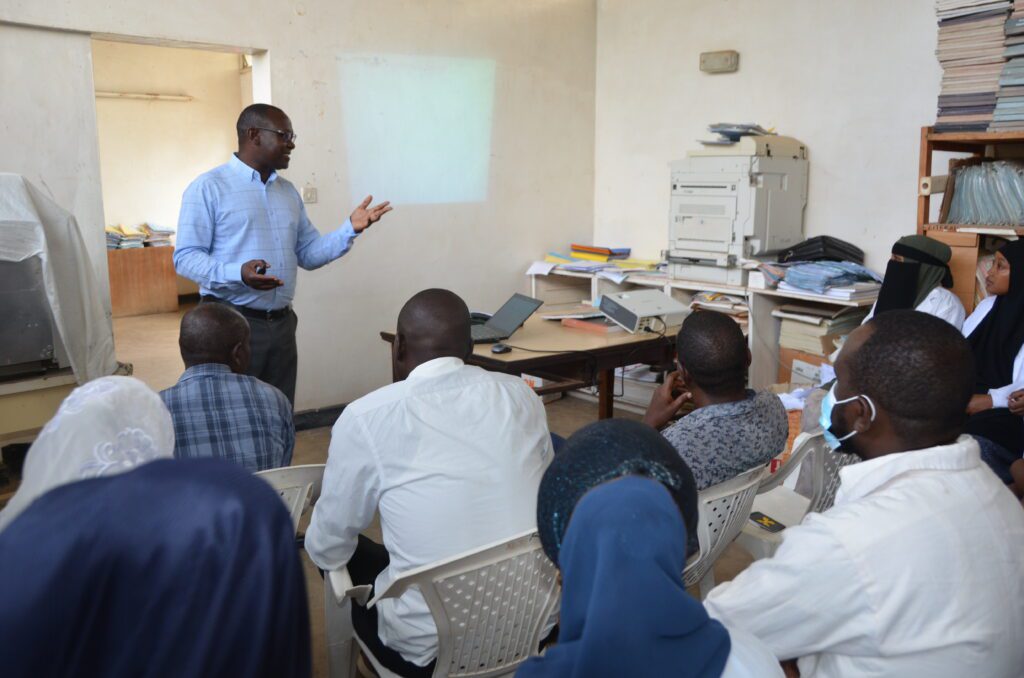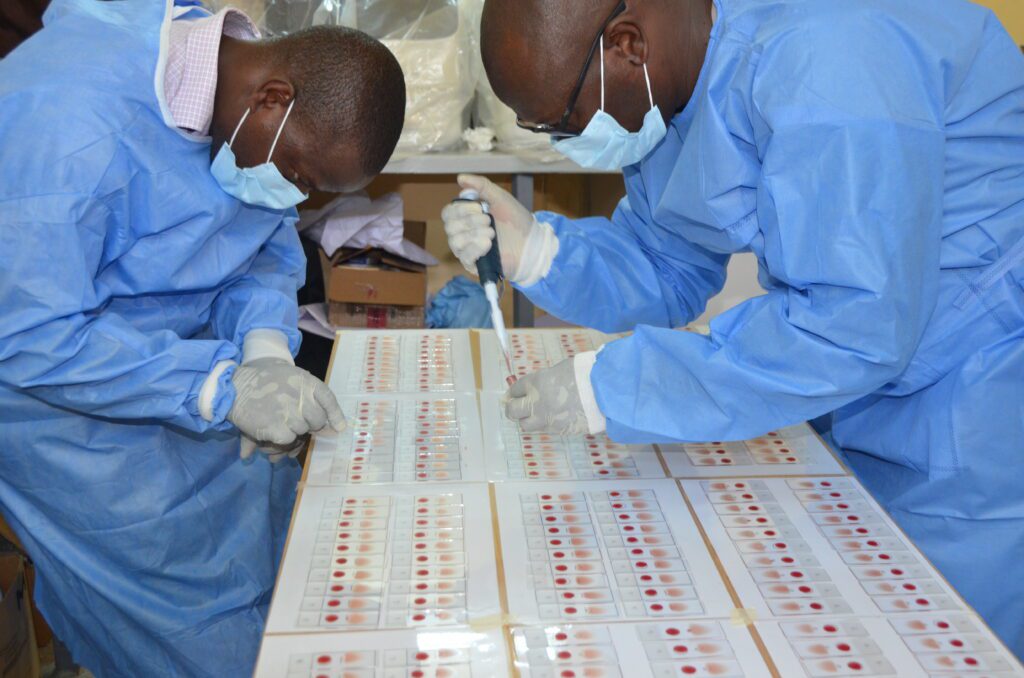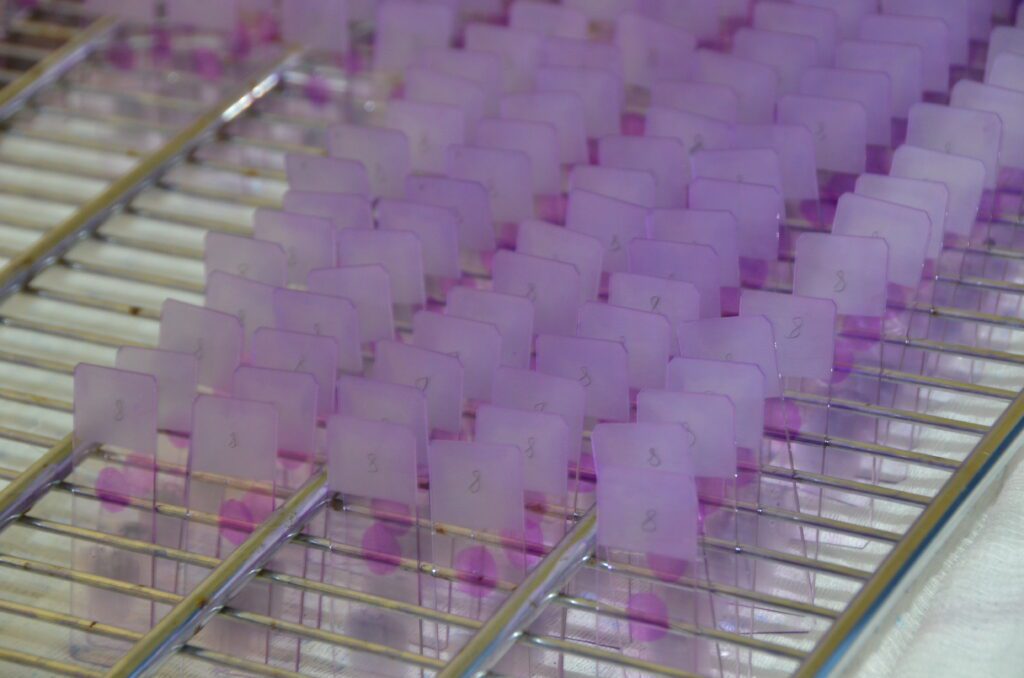Malaria remains a major public health problem in tropical regions of the world. Despite being preventable and treatable, malaria continues to have a devastating impact on people’s health and livelihoods globally. According to the World Health Organization (WHO) Malaria Report 2023, 249 million clinical cases of malaria and 608,000 deaths were reported in 85 malaria-endemic countries. The WHO African Region carried the greatest burden, with over 94% (234 million) of clinical malaria cases and 580,000 deaths.
Early diagnosis followed by prompt and effective treatment remains key to reducing malaria mortality and morbidity. Accurate examination of well-prepared and well-stained blood films remains the ‘accepted standard’ for malaria diagnosis. It is the cornerstone of parasitological confirmation for all patients with suspected malaria. However, the quality of microscopy services are frequently inadequate to ensure quality of care and optimal clinical outcomes. Strengthening the quality of malaria microscopy through robust national quality assurance programmes has become a priority in malaria-affected countries. Malaria microscopy quality assurance (QA) activities, including malaria microscopy refresher training, competence assessment of malaria microscopists and proficiency testing (PT), require access to well-characterised blood slides of different Plasmodium parasite species together with malaria-negative blood slides from a malaria slide bank.
The Amref Regional Laboratory Programme has developed a malaria slide bank (MSB) to provide standardised high quality blood films of Plasmodium parasite species to improve the quality of malaria microscopy to support clinical diagnosis in Africa and beyond. The MSB protocol is based on WHO standards. It has ethical clearance from the Amref Ethics and Scientific Review Committee (ESRC) and a licence from the National Commission for Science, Technology and Innovation (NACOSTI). To obtain all four malaria parasite species, blood samples are sourced from Busia and Marsabit Counties patients.
MSB activities in Marsabit County
The Amref Regional Laboratory Programme has organised a three-week (18 March—5 April 2024) visit to Moyale sub-County Referral Hospital in Marsabit County to collect slides for Plasmodium vivax. With support from the county health authorities and the Chief Executive Officer (CEO) of Moyale sub-County Referral Hospital, the Amref team started the slide collection and has collected over 9,500 slides from 15 donors so far. Twelve (12) of these donors have Plasmodium vivax, our target parasite species.
In addition to slide collection, the Amref team is conducting on-the-job training for the laboratory technical team at Moyale sub-County Referral Hospital to strengthen malaria diagnostic skills. The Amref team also conducted a continuing medical education (CME) session on the role of diagnosis in malaria case management at the hospital’s weekly educational programme.



Author: David Isaboke – Programme Officer, Training Amref Regional Laboratory Programme
